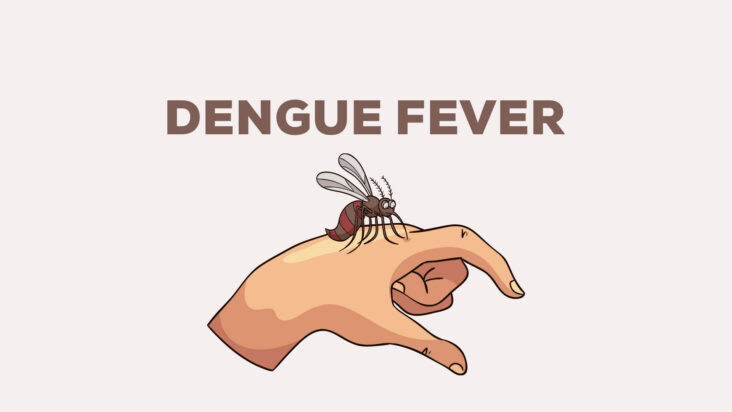In recent weeks, our cities have been hit hard by Dengue Fever, and it’s crucial for us to grasp the gravity of this illness as a community. Dengue, a potentially fatal disease, demands our attention. Catching it early and receiving proper medical care can keep mortality rates below 1%, but in severe cases, untreated Dengue can lead to a staggering 20% mortality rate. Today, let’s delve into the depths of Dengue Fever, understanding its origins, symptoms, treatment, and prevention methods. It’s time to confront this threat head-on!
Table of Contents
How does Dengue fever occur?
Dengue fever is caused by the dengue virus, which is transmitted through the bite of
infected Aedes mosquitoes. These mosquitoes thrive in tropical and subtropical regions,
making them prevalent in many parts of the world.
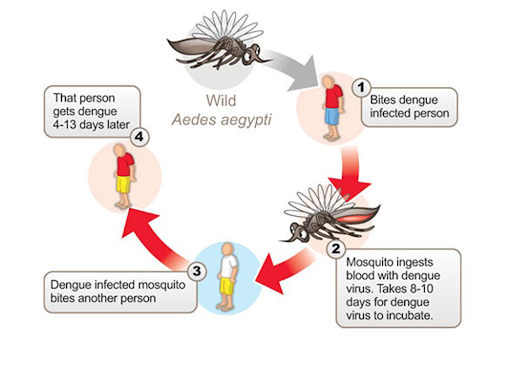
Female Aedes mosquitoes are the primary carriers of the dengue virus. They become
infected when they bite a person who is already infected with the virus. Once a person
is bitten by an infected mosquito, the dengue virus enters their bloodstream and starts
replicating. The incubation period for dengue is usually around 4 to 10 days. During this
time, the virus multiplies, and symptoms may begin to appear.
Symptoms of Dengue Fever?
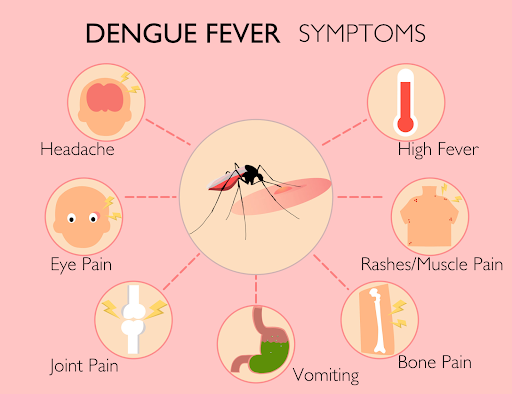
Detecting dengue early is vital for timely treatment. If you experience symptoms such as
high fever, severe headache, pain behind the eyes, joint and muscle pain, or rash, it’s
important to visit your doctor or a nearby hospital. They will assess your symptoms,
conduct a physical examination, and order specific tests to confirm dengue infection.
How is dengue fever diagnosed?
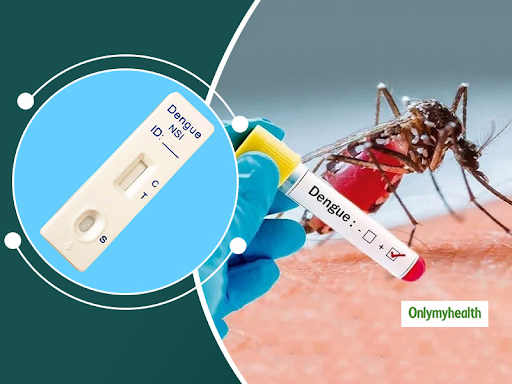
The most common diagnostic test for dengue is a blood test that checks for the
presence of dengue antigens or antibodies. This test helps determine if you have
dengue and the specific type of dengue virus. Early diagnosis allows for appropriate
medical care and reduces the risk of complications.
Is there a cure for dengue?
Currently, there is no specific medication to cure dengue. Treatment focuses on
managing symptoms and providing supportive care. It includes plenty of rest, drinking
fluids to stay hydrated, and taking medication to alleviate pain and fever. However, it’s
crucial to consult a healthcare professional before taking any medications.
Why do some patients with dengue fever become very sick?
While most dengue cases resolve with proper care, in some instances, complications
can arise.
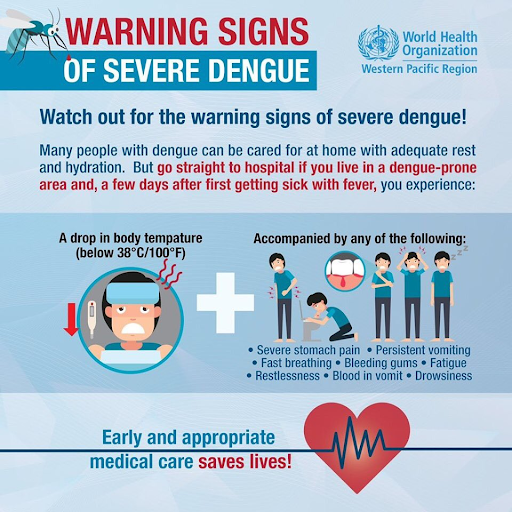
Severe dengue, also known as dengue hemorrhagic fever, can lead to plasma leakage (causing the blood to become thick and resulting in breathlessness, abdominal pain and intense weakness), kidney and liver failure, abnormal bleeding in your gut, skin or other important organs and even death. It’s essential to be aware of warning signs, such as severe abdominal pain, persistent vomiting, bleeding gums, or difficulty breathing. Most patients with dengue will develop a drop in blood counts including white cell count and platelet count. Though the exact mechanism of why this occurs is unclear, these counts eventually increase on their own once the virus is subdued.
Once I develop dengue fever, is there any specific food that will help me improve
my white cell and platelet count?
There is no sufficient evidence that specific foods, including kiwi/papaya or other
medications help increase platelet count. But it is recommended that patients suffering
from dengue eat a balanced diet and consume lots of oral fluids.
Are there any precautions I need to take, after recovering from dengue?
After recovering from dengue, it’s crucial to continue monitoring your health. Follow-up
visits with your healthcare provider are necessary to ensure complete recovery and
detect any lingering complications. Additionally, maintaining preventive measures, such
as eliminating mosquito breeding sites and using protective measures, can help reduce
the risk of future dengue infections.
Now, let’s talk about prevention.
The best way to combat dengue is by eliminating mosquito breeding sites. These
mosquitoes breed in stagnant water, so it’s crucial to keep your surroundings clean and
dry.

